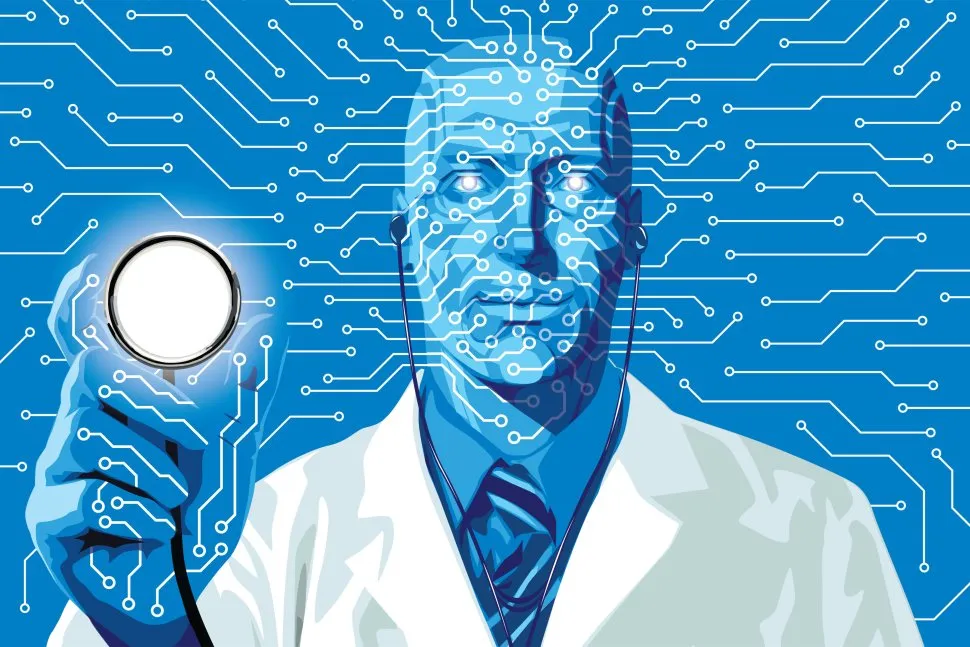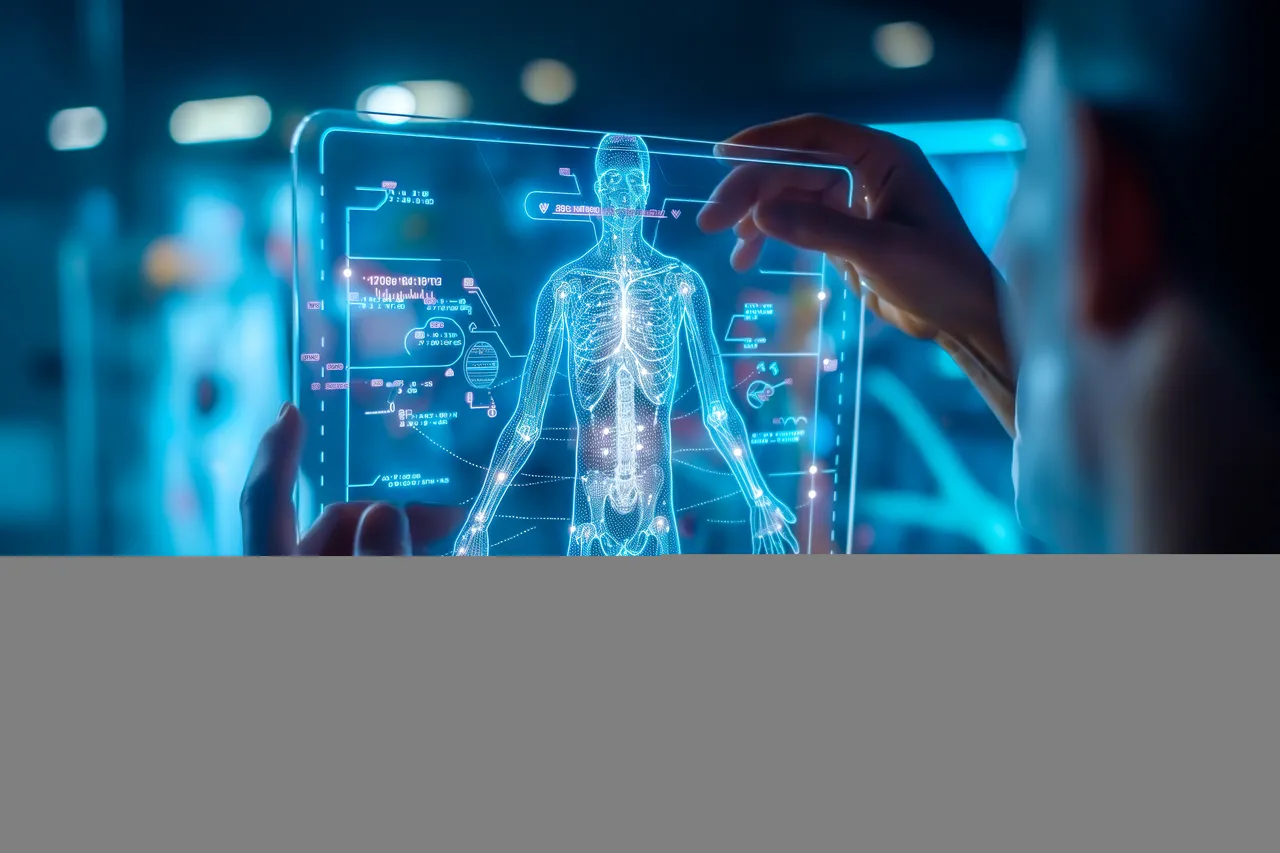In 2025, artificial intelligence is reshaping healthcare faster than ever before. From hospital workflow automation to robotic surgeries, one of the most talked-about advances is the rise of AI-powered diagnostic tools—especially chatbots. But how close are we to trusting these tools as a first point of medical contact?

The Rise of AI-Driven Symptom Checkers Over the past few years, AI chatbots have become more sophisticated in simulating medical consultations. Tools like Babylon Health, Mayo Clinic’s AI Symptom Checker, and Ada Health have been downloaded by millions. In fact, a 2024 Statista report estimated that over 28% of U.S. adults used an AI health assistant at least once last year, up from just 10% in 2021.
++Are They Accurate? The big question remains: Can they diagnose correctly? ++
A 2024 comparative study published in The Lancet Digital Health evaluated 10 leading AI symptom checkers against diagnoses made by primary care physicians. Key findings included: Physicians got the correct diagnosis in the top 3 options 82% of the time. AI tools had a correct diagnosis in the top 3 71% of the time. Some AI tools (like Ada) performed nearly on par with human GPs for common and non-emergency conditions. While not perfect, this shows substantial progress. And for areas with healthcare shortages, AI tools can provide faster triage and risk assessment, potentially reducing ER overload.

++Patient Trust: Still a Hurdle Despite improvements, trust remains a barrier. ++
A 2025 survey by Pew Research showed: Only 34% of patients felt confident in an AI-only diagnosis. 71% said they’d trust AI if it was supervised by a doctor. 61% were open to AI tools for initial triage or follow-up guidance, not for complex or urgent cases.

++Real-World Integration in 2025 ++
Some healthcare systems are now integrating AI chatbots into patient intake: Kaiser Permanente launched a pilot where AI triaged non-urgent cases, reducing average wait times by 40%. UK’s NHS expanded its 111 online service, powered by AI, to handle over 3 million queries per month.
++Final Verdict ++
AI chatbots aren’t replacing doctors just yet—but they’re becoming trusted allies for triage, early advice, and health literacy. In underserved regions and overburdened systems, they might just be the first doctor visit of the future.